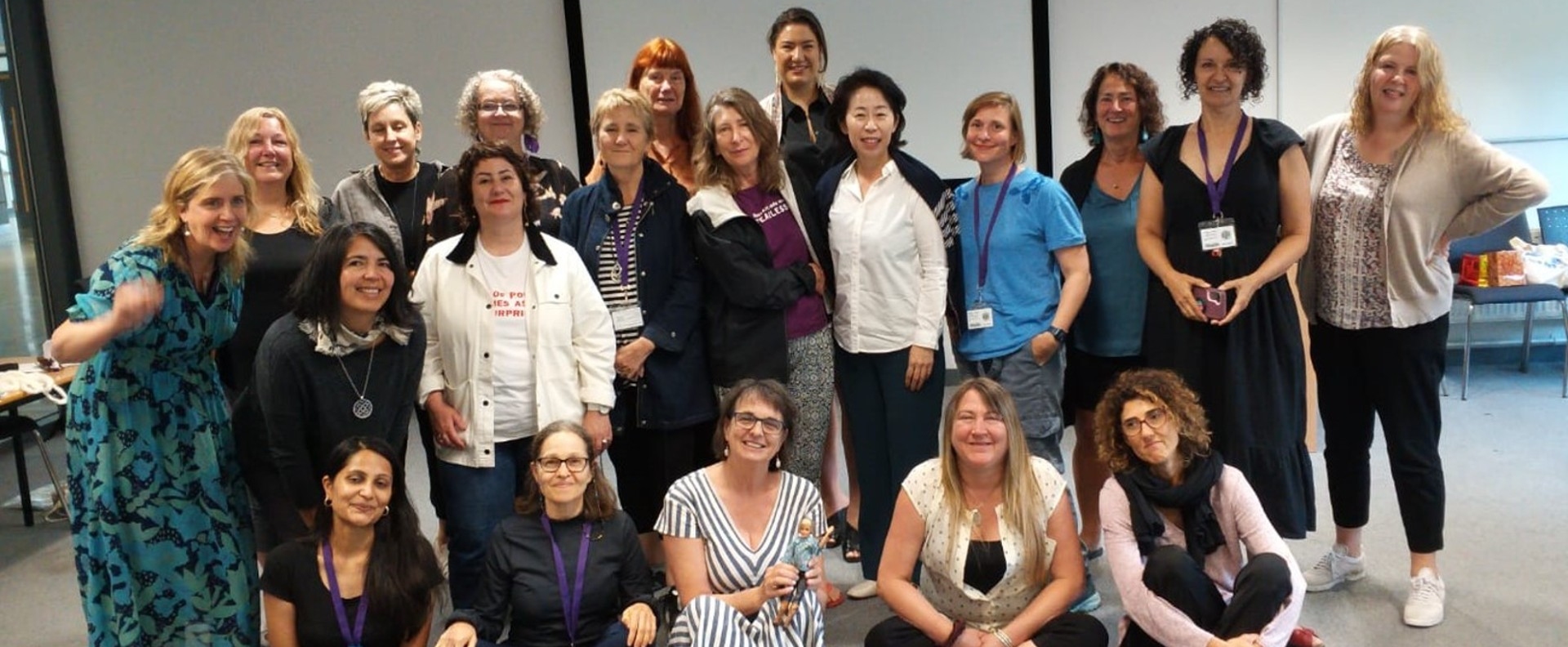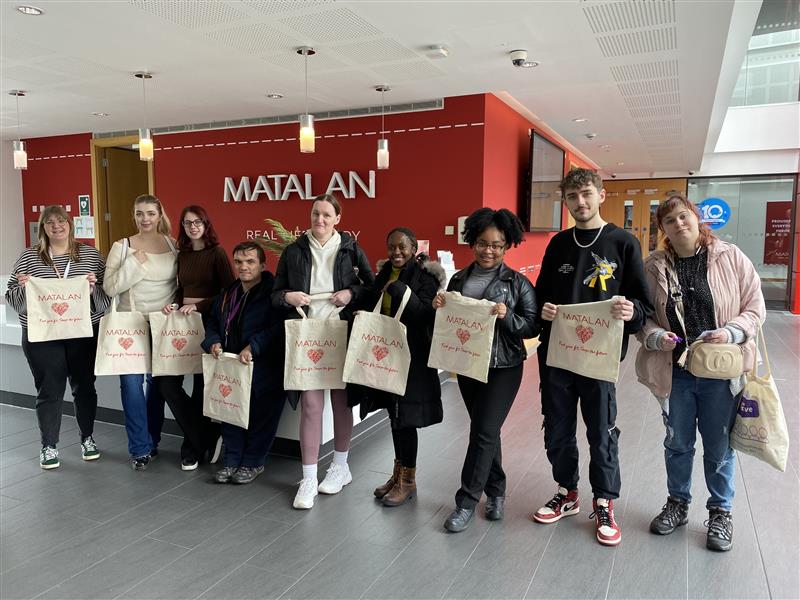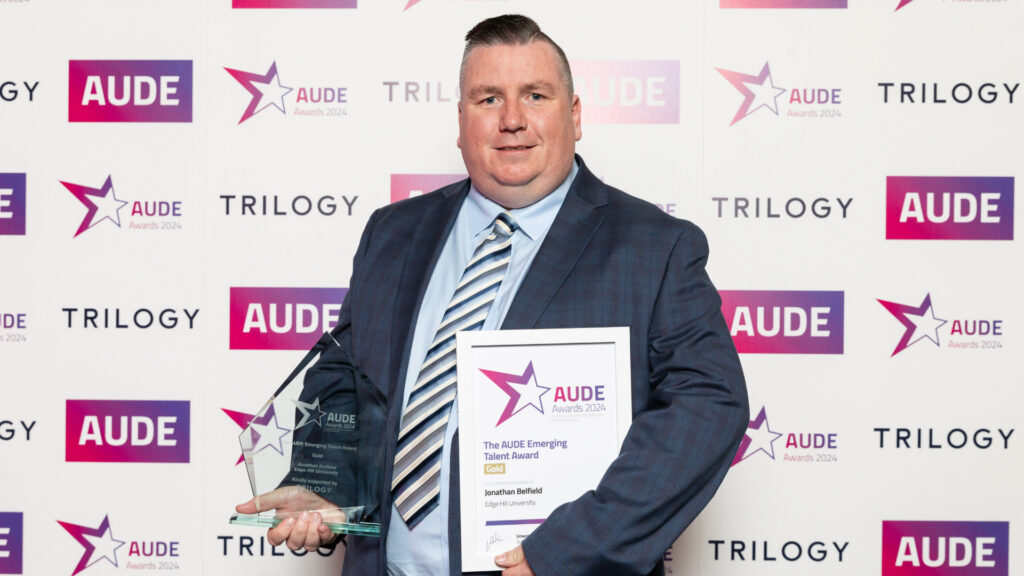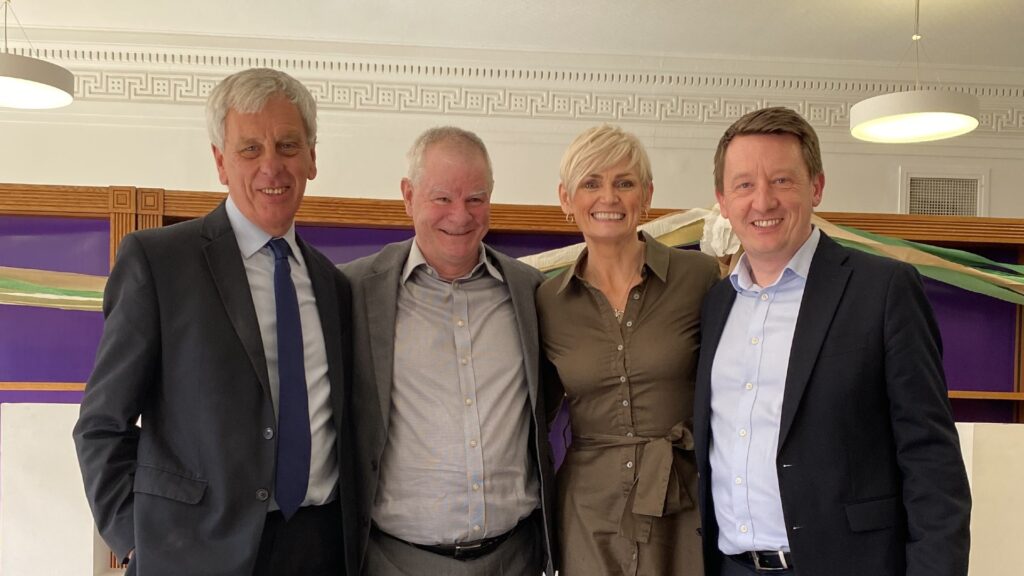The conference, The Feminist Imaginary: Creative Pedagogies and Methods for Gender Justice and Change, brought together academics, artists and educators from Canada, Costa Rica, South Korea, Spain and India to discuss their work and the big issues facing women.
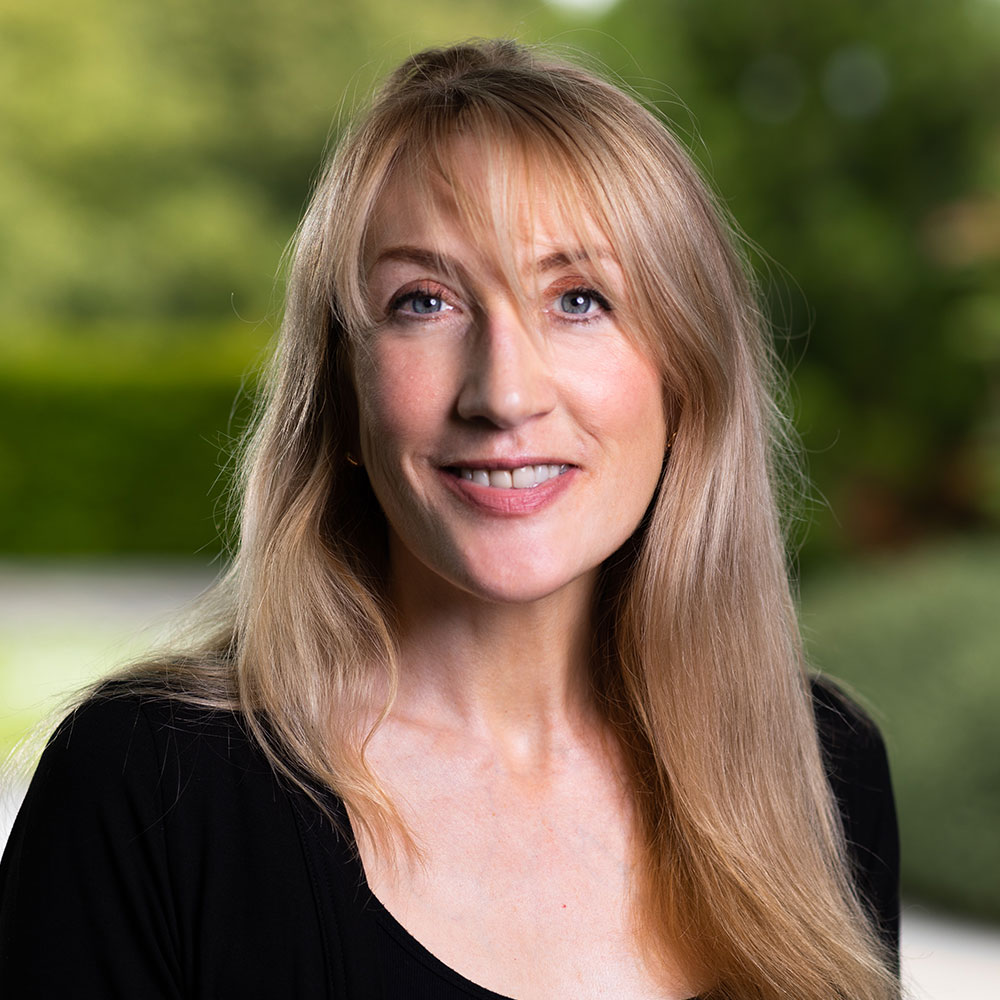
Senior Lecturer in Social Sciences Dr Victoria Foster, who is also Associate Director for Edge Hill’s Institute for Social Responsibility, said:
“We’ve all learnt so much from one another, whether it was the disturbing experiences of misogyny faced by women across the globe, hopeful ideas of how to bring indigenous art to the foreground or using rich intergenerational knowledges to inform museum exhibitions. It all served to provide inspiration and a drive to make real change in the world.”
Women at the conference shared the challenges that still exist in societies around the globe including domestic and sexual violence against women, threats against women artists, political persecution and the rejection of equality altogether by some extreme groups.
Professor Darlene Clover from the University of Victoria in Canada said: “There is a general belief that gender issues have gone away or have already been addressed but the Covid-19 pandemic showed very clearly that this is not the case, a global rise in domestic violence being just one of the many examples. It’s clear there is still a long way to go.”
It is the first time that arts-based feminist researchers have met with museum educators and artists in a face-to-face setting. They explored the very real impact arts-based adult education strategies can have, by expressing ideas and challenging traditions, as well as discussing the creative and educational strategies they use to engage the public in feminist issues.
Professor Kathy Sanford also from the University of Victoria, said: “Art is a very powerful medium and it reaches a much wider audience than academic texts can. It’s a very powerful method of expressing and critiquing the way the world currently works for women.”
Dr Foster added: “It’s been a great opportunity to bring groups of experts together. All our work addresses the very real problems facing women and girls, so it’s vital we have the opportunity to meet in person and discuss how the arts can play a role in drawing attention to those problems and bring about positive change.”
The conference provided a space for sharing, theorising, and experiencing new approaches to help with the development of new arts-based strategies that can be used around the world.
Learn more about the work of the ISR on their homepage www.edgehill.ac.uk/isr/. The ISR regularly holds events, seminars, workshops and lectures so check regularly for updates.
To discover more about our courses, please visit ehu.ac.uk/study.
September 7, 2022
